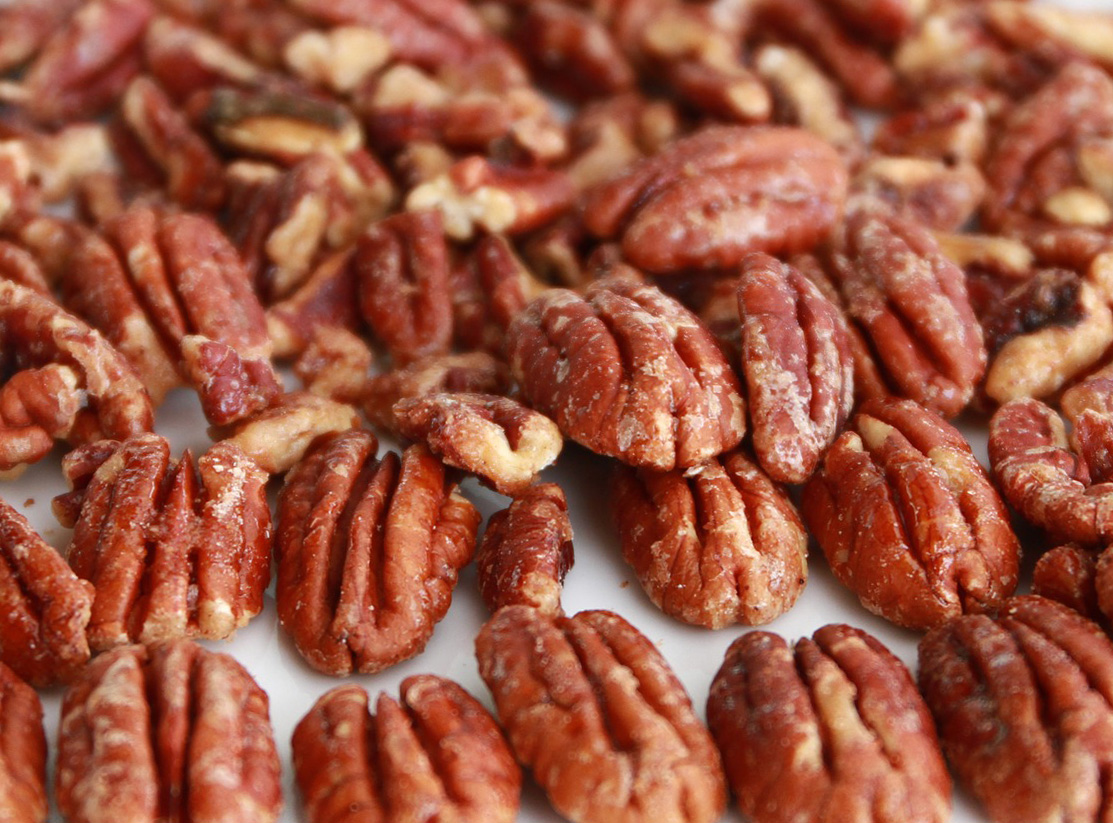 A diet rich in pecans may lead to significant improvements in the levels of cholesterol, triglycerides and low-density lipoproteins.
A diet rich in pecans may lead to significant improvements in the levels of cholesterol, triglycerides and low-density lipoproteins.
Eating pecans over an eight-week period significantly improved levels of total cholesterol, triglycerides and low-density lipoprotein (LDL). These were the key findings of a new study led by researchers from the University of Georgia, in the USA.
“This dietary intervention, when put in the context of different intervention studies, was extremely successful,” said Prof Jamie Cooper, one of the study’s authors. “We had some people who actually went from having high cholesterol at the start of the study to no longer being in that category after the intervention,” he said in a press release.
About the study
The study followed the health and eating habits of 52 adults between the ages of 30 and 75, who had a known high risk of cardiovascular disease, due to factors like being over their ideal weight.
Researchers assigned these participants to one of three treatment groups:
- One group consumed 68 grams or about 470 calories of pecans a day as part of their regular diet;
- A second group also consumed 68 grams of pecans, but received counselling at the start of the study on how to substitute pecans for a similar number of calories from their habitual diet, and
- A control group, that did not consume pecans.
After eight weeks, participants consumed a high-fat meal, which helped researchers determine changes in blood lipids and the amount of glucose, or sugar, in the blood.
Analyses showed that participants who consumed pecans experienced an average drop of 5% in total cholesterol and between 6% and 9% in LDL levels. While these changes may seem small, previous research has shown that common exercise interventions designed to lower cholesterol only accomplish average reduction of 1% in total cholesterol and 5% in LDL cholesterol.
“The addition of pecans to the diet not only produced a greater and more consistent reduction in total cholesterol and LDL compared to many other lifestyle interventions but may also be a more sustainable approach for long-term health,” Prof Cooper said.
According to Prof Cooper, these reductions in levels of LDL are quite significant. “Some research shows that even a 1% reduction in LDL is associated with a small reduction of coronary artery disease risk, so these reductions are definitely clinically meaningful,” he added.
Regarding possible mechanisms involved, Prof Cooper pointed to some of the known bioactive compounds found in pecans, such as healthy fatty acids and fibre. Both compounds have been associated with lower cholesterol.

